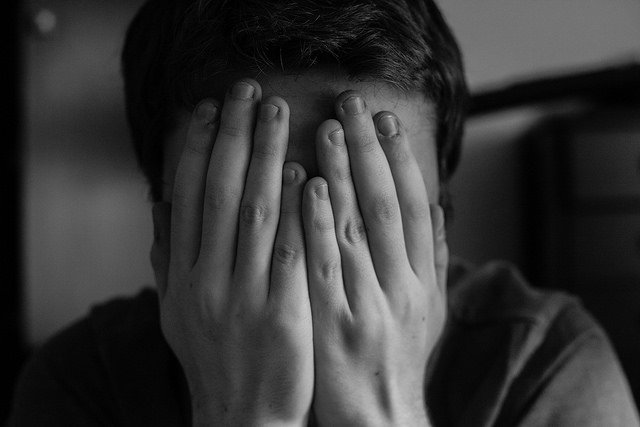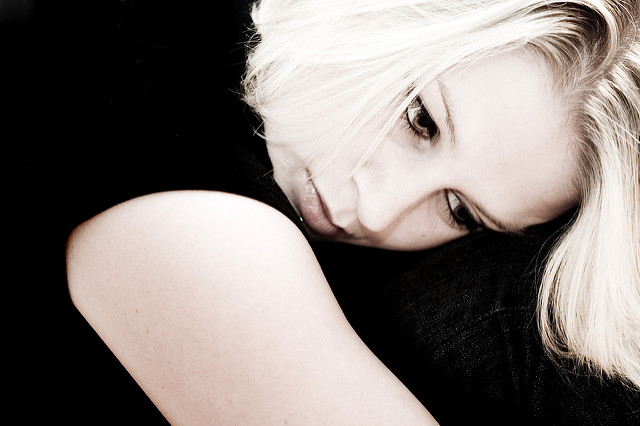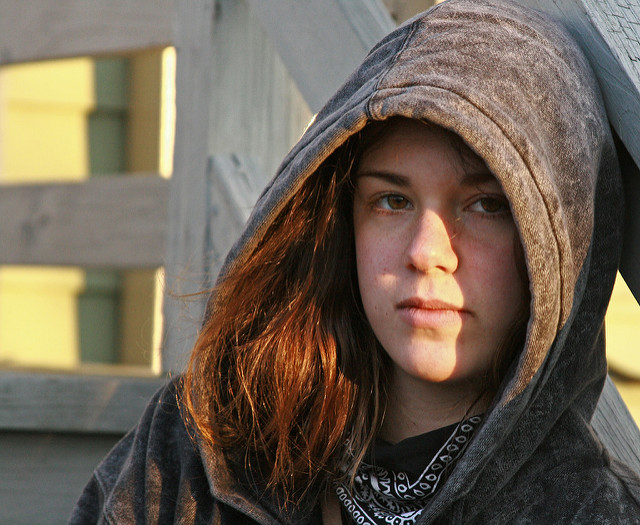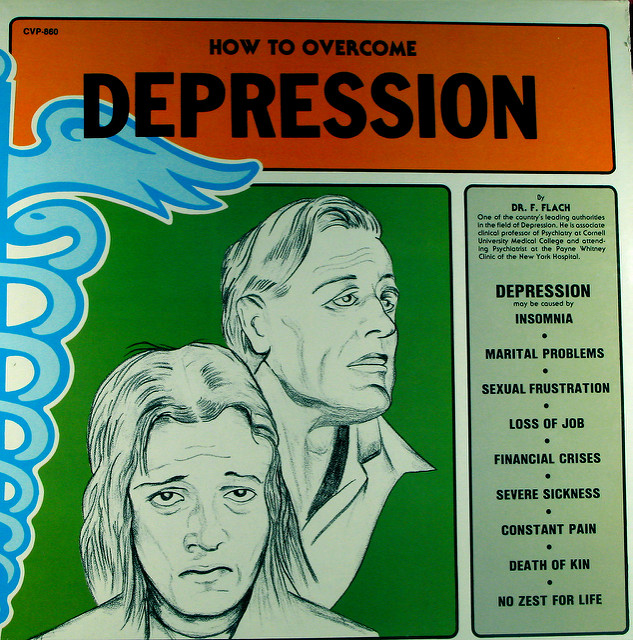Depression: What is It?
Table of Contents
Feeling depressed involves hopelessness and has been traced to learned helplessness, a concept proposed by psychologist Martin Seligman. Depression is manifested at affective, cognitive and behavioral levels.
Feelings of depression are a normal reaction to a loss of any kind, life’s problems or low self-esteem. When the feeling of depression impairs functionality and obstructs the capacity of people to lead normal healthy lives, it is termed as clinical depression and must be treated through psychotherapy and medication.
If not treated, clinical/major depression worsens and lasts for a long period of time. It can even lead to suicide and cause a lot of misery and suffering to loved ones as much as yourself.
Understanding the symptoms of depression is the toughest problem when it comes to diagnosis and treating of depression. Many people who have serious depression never get diagnosis or treatment for mental illness. It is estimated that 1 out of 10 people combating depression take their own life.
Signs and Symptoms of Depression

As per the National Institute for Mental Health, depression is characterized by the following signs and symptoms:
- Problems in concentration, making decisions and remembering details
- Decrease in energy and increase in tiredness
- Constant aches and pains, headaches, body aches
- Digestive problems that do not respond to treatment
- Excessive sleeping
- Irritability and feeling restless
- Lack of interest in pleasurable activities
- Decline in appetite or excessive eating
- Feeling helpless, worthless or guilty
- Feeling hopeless and pessimistic
- Lack of sleep, wakefulness and sleep disturbances such as insomnia
- Sad or empty feelings
- Suicidal or prone to self-harm
Depression is linked to a high suicide risk. Those expressing suicidal thoughts or intention should be seriously taken. Warning symptoms of depression-induced suicidal tendencies include the following:
- A sudden transition is from being depressed to feelings of calmness or impressions of being happy.
- Death related ideations and having a strong death wish
- Signs of clinical depression such as deep sadness, lack of interest, difficulty sleeping and trouble eating
- Losing interest in what one previously cared about
- Drawing up a will and making arrangements for death to be near
- Constant thoughts about suicide
If you or someone you know is showing warning signs of depression, you need to check with a mental health practitioner or call the emergency helpline. Feeling low sometimes is a usual part of life, yet when emotions such as despair and misery take hold, depression becomes pervasive.
Depression varies across people, but there are certain common signs and symptoms:
Hopelessness and helpless feelings
This is one of the predominant symptoms of depression. With such a bleak outlook, not much can be attained without medical intervention. The person feels overwhelmed by the circumstances and is unable to cope.
Changes in hunger levels or weight fluctuations
Either over or under eating and changes in appetite. Not caring about former activities or hobbies is another point. The person loses their ability to experience any kind of positive feelings.A change of around 5 percent in body weight in a month can make a difference.
Changes in Sleep
Lack of sleep, waking in early morning hours or excessive sleeping can lead to differences in functionality and impair mood states.
Irritability and Anger
Feeling a sense of agitation, restlessness or violence can prove detrimental. With low levels of tolerance and a short, frayed temper, everything around you will create tension and frustration.
Lack of energy
Feeling a sense of fatigue, sluggishness or physical exhaustion is also harmful. Heaviness in the body parts and a long time to complete even little work can make a difference.
Recklessness
Engaging in behavior such as alcohol abuse, constant gambling, dangerous driving or reckless sports are some of the signs of deep depression.
Difficulty focusing
Trouble concentrating or recalling things is another factor that influences feelings of depression.
Aches and Pains
This includes body ache, neck ache, pains, headache and many other manifestations of depression that are physical in nature.
Depression across age groups
Symptoms of depression vary with age and gender; it differs between men and women as well as young persons and senior adults. Depression in men can result in feelings of physical fatigue, stress and loss of interest, with manifestations of anger, reckless behavior, and aggression. Teens suffer irritability and agitation while depressed women are prone to guilt and hopelessness. Again, older adults complain about physical signs rather than emotional symptoms.
Types of Depression

Depression is associated with different types, forms, and shapes. Knowing the kind of depression can enable one to manage symptoms and get the most effective treatment possible.
- Major depression
- Atypical depression
- Dysthymia
- Seasonal Affective Disorder
Major depression is the most extreme type of depressive disorder, though it is less common than mild or moderate depression. It has intense symptoms and the episode specifically lasts for 6 months. The depression can also recur.
Atypical depression is a subtype of major depression with specific symptoms of a pattern. This responds to some therapies and medications rather than others, so identification of the same can be helpful.People with atypical depression go through a mood lift that is temporary in response to good news. Other symptoms of this depression include increased activity, weight gain, increased appetite, excessive sleep, heaviness in the arms and legs and a tendency to be vulnerable to rejection.
Dysthymia is a mild form of depression with mostly mild to moderate symptoms of depression. Brief periods of normal mood are also in place. Symptoms of dysthymia are not as powerful as major depression.
Seasonal affective disorder is where reduced daylight hours of winter lead to depression. SAD affects 1-2 percent of the population. It is more common among women and young persons. SAD begins in winter or falls when hours of the day lessen in length.
Risk factors that increase vulnerability to depression include isolation, loneliness, lack of social support, stressful life experiences, marital or relationship problems, financial stresses and strains, early childhood trauma or abuse, substance abuse, unemployment or underemployment, chronic pain and health problems. The cause of depression helps to assess the treatment.
Treatment: How to Cope with Depression

Reaching out to people when you are depressed can be a positive way out. Reach out to those who care for you and will listen to your concerns without interrupting and/or judging you.
Exercise
Getting a healthy dose of exercise can prove beneficial and help you to counter depression. Starting with small activities, you need to take it further from there. Exercising leads to feel-good endorphins which can elevate your mood and boost your esteem. Get your daily dose of cardio.
Diet
Opt for mood-boosting nutrients and avoid foods such as caffeine, alcohol, trans fat, refined carbs, and sugar. Diet tips also include high fiber diet and plenty of antioxidants to uplift the mood.
Therapy
If you need support from family and friends, but these lifestyle changes are not enough, you need therapy to heal you. Therapy can range from humanistic and Rogerian to cognitive and behavioral. Cognitive behavioral therapy involves therapists and patients in a therapeutic relationship that focuses on correcting dysfunctional behaviors and thought patterns.
A form of this therapy called dialectical behavior therapy is focused on eliminating unhealthy behaviors to focus on more adaptive behaviors. For mild and moderate depression, interpersonal psychotherapy is the most effective as this is oriented towards resolving the pathology underlying mood disorders.
Medications
Tricyclic antidepressants, SSRIs, and anti-anxiety medications can prevent the symptoms from intensifying. Medications are critical if a person is feeling violent or suicidal. Though medications can help to relieve depression, it is not a cure and not a solution that is long term.
It is associated with side effects and problems, so making an informed decision is the important part. Note that depression can be treated, but managing the symptoms involves constant vigilance and medical supervision. Take prescription medication only if symptoms are serious and doctors recommend it.
Alternatives to Prescription Medication
These include St John’s Wort and Chamomile just to name a fee. Apart from herbal options, depressed persons can also try music therapy, art therapy, acupressure, acupuncture and other alternative therapies.
Coping with Depression: Challenge Negative Thinking
Irrational, pessimistic distortions in thinking lead to depression. To correct the biases in thinking is important because this can pave the way for a healthier and happier you. Some of the negative ways of thinking include all or nothing thinking, overgeneralization, diminishing the positive, hopping to conclusions, emotional reasoning, labeling, shoulds, and should not. Making a positive lifestyle change involves overcoming negative thinking.
Conclusion
Depression is a mental health disorder. Like any other pathology, with effective treatment and management, it can be overcome. All you need is a few lifestyle changes and guidance from a qualified medical practitioner. Choose the way out of negative thinking and work towards a brighter, more positive future.

